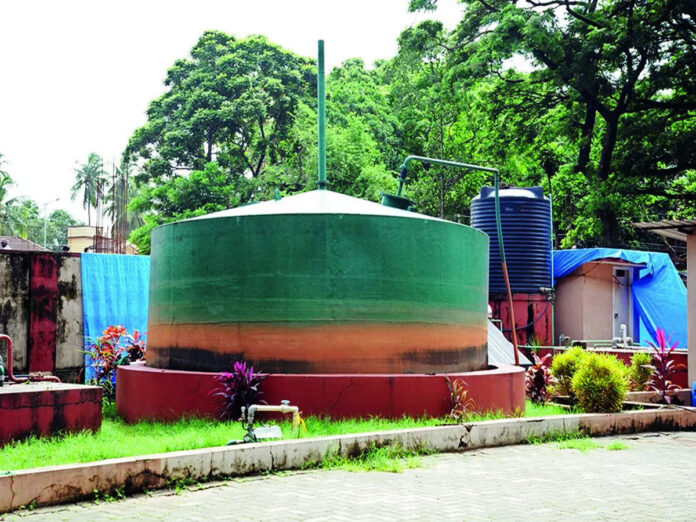A report from the Centre for Science and Environment (
The state currently has less than 30% of the sanctioned
Out of 25 registered plants, seven are functional, 11 are yet to start construction, 6 are in the construction process and one has completed construction.
The report states that the country’s renewable energy policy framework at the state level is fragmented. Some states have a comprehensive renewable energy policy, others have distinct policies for solar, hydro, and bioenergy, and a few have no policies at all.
Karnataka has state-level Renewable Energy Policy 2022 and Solar Policy 2014. Under the policy, incentives are available for co-generation and
“Karnataka, along with other states such as Madhya Pradesh, and Maharashtra have integrated some aspects of biogas into their renewable energy policies, but they focus on producing electricity from biogas rather than biomethane,” noted the report.
It also underlines that
Regular analysis needed
Moreover, the urban local body should conduct regular analysis and surveys to get data for efficient estimation of waste availability fit to be used for CBG generation.
“The collection of municipal solid waste could also be done using the public-private partnership model. Even after segregation, there are some food components, like onion peels, lemons, etc., that need to be separated before feeding the organics in the digestor. This is important as these will disturb the biology of the reactor. To ensure this, advanced machinery needs to be in place to segregate these components using modern technology. This needs investment in research and development, as well as incentive support from the state governments,” said the report.
According to CSE researchers, a key obstacle to CBG development is the ineffective execution of policies. While several states have significant CBG potential, they still lack clear policies and incentives. Only four states – Uttar Pradesh, Haryana, Bihar, and Gujarat – currently have bioenergy policies that support CBG.
India scenario
Out of the 677 CBG projects registered across the country, 408 have yet to begin construction, 172 are currently under construction, and 97 are operational. Approximately 60% of the registered projects have not commenced, likely due to factors such as lack of funding, slow regulatory approvals, difficulties in sourcing feedstock, or technological challenges.
The states with the highest number of projects in the pipeline are Uttar Pradesh, Maharashtra, Punjab, Madhya Pradesh, and Haryana. Gujarat leads with the highest number of operational plants (17), followed by Uttar Pradesh (15) and Haryana (10).

